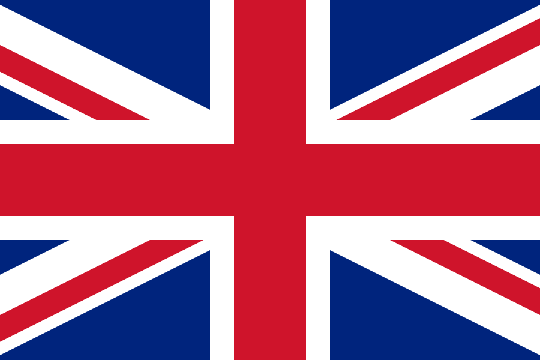 Network Visualisation and Analysis of Biological Data
Network Visualisation and Analysis of Biological Data
Date: 14 - 15 April 2016
This two day course will cover network-based approaches to visualise and analyse complex biological ‘big’ data and model pathway systems. The course will be centred on the use of BioLayout Express3D, a tool developed between scientists at the University of Edinburgh and EBI over the last 10 years.
BioLayout provides rapid and versatile means to explore and integrate very large datasets, providing a stunning interface to visualise the relationships between 10’s of thousands of data points. Originally designed for the analysis of microarray data, it is equally effective in analysing data matrices from other analysis platforms.
Day one of the course will introduce principles of network analysis and their use as a generic medium to understand relationships between entities. We will introduce the basics of network visualisation and navigation within BioLayout and principles of correlation analysis of data matrices. We will then explore how data can be explored and clustered within the tool and how you can use the software to rapidly extract meaning from large and complex datasets.
Day two will focus on pathway modelling. We will explain how to collate information about a given system of interest from the literature, and to turn this information into a logic-based pathway model. We will then explore how these models can be parametrised and imported into BioLayout where simulations can be run that model the dynamics of these systems under different conditions. For more information see: http://www.virtuallyimmune.org/
A draft agenda can be found here.
Please note that if you are not eligible for a University of Cambridge Raven account you will need to Book or register Interest by linking here.''
Keywords: HDRUK
Venue: Craik-Marshall Building
City: Cambridge
Country: United Kingdom
Postcode: CB2 3AR
Organizer: University of Cambridge
Host institutions: University of Cambridge Bioinformatics Training
Target audience: Graduate students, Postdocs and Staff members from the University of Cambridge, Institutions and other external Institutions or individuals
Event types:
- Workshops and courses
Activity log

 United Kingdom
United Kingdom
